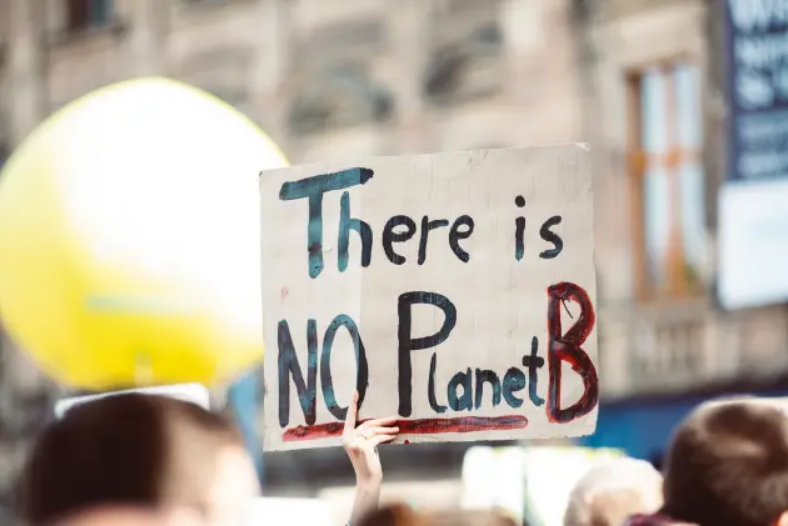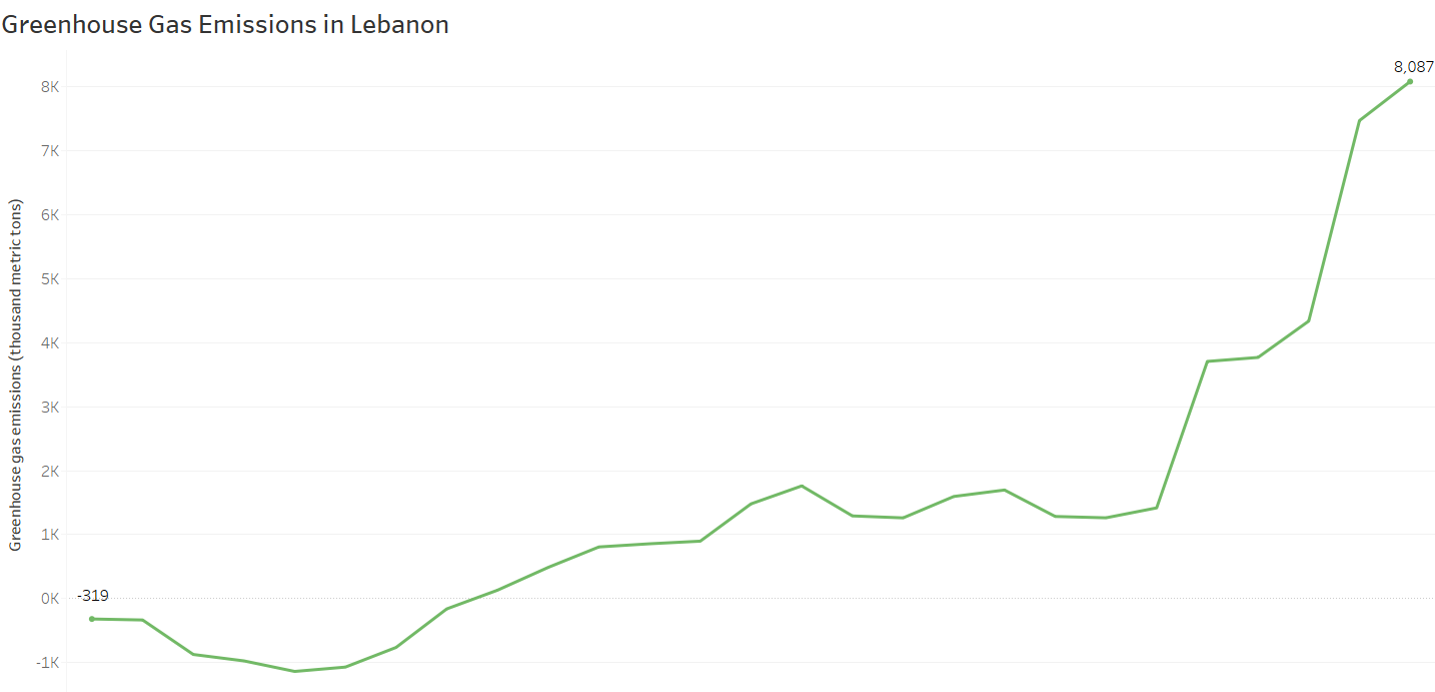
Climate Denial Era – Levant Countries
IPSOS Update once mentioned in their monthly issue ‘What Worries the World – October 2022’ that climate change was ranked seventh in their list of 18 worries, as one in five say climate change is one of the biggest issues affecting their country. The United Nations secretary during the 27th Conference of the Parties to the UN Framework Convention on Climate Change, which took place in the Sharm el-Sheikh, concluded by saying ‘Our planet is in the emergency room, we need to drastically reduce emissions now, and that’s why I am pushing so hard for a climate solidarity pact’. Also, climate change will drive 32-132 million more people into extreme poverty, in the next decade, estimates the Intergovernmental Panel on Climate Change (IPCC).
All the above alarming reports and red titles made me re-think the direction the world is heading, is it acceptable to see climate change not being in the top 5 worries? What’s more compelling is the fact that industrial and developing countries are the ones that worry the less about it, and much more severe impacts are in store if they fail to halve greenhouse gas emissions this decade and immediately scale up adaptation; is it a welcome to the climate denial era?
This event is already impacting every corner of the world, and as a Lebanese citizen, I decided to tackle this topic in my country and its neighborhoods, the Levant countries; Syria, Jordan, Palestine, Iraq, and Lebanon, in hope of pushing for climate solidarity in this area.
To dig deep into the subject, I evaluated potential factors that could lead to climate change such as CO2 emissions from electricity, heat production, and manufacturing industries (in kilotons (kt)), percentage of nuclear energy used, percentage of combustible renewables and waste, electric power consumption (kWh per capita), and greenhouse gas emissions in metric tons. It was found that:
- On average, CO2 emissions have increased by 116.16% in the Levant region (from 1990 to 2020)
- On average, Nitrous Oxide emissions in the energy sector have increased by 82.24% in the Levant (from 1990 to 2020)
- On average, combustible renewables energy and waste (percentage of total energy) have decreased by 96.08% in the Levant (from 1990 to 2020)
The results showed that Iraq is the country with the highest CO2 emission, 174,560 kt in 2020, whereas Jordan is the last country to issue CO2 with 24,630 kt in 2020.

Also, Nitrous Oxide emission in the energy sector is significantly increasing in the region, especially in Iraq which marked a 79.60% increase between 1990 and 2020. Nitrous Oxide is almost 300 times as potent as CO2, and it depletes the stratospheric ozone layer. It is worth mentioning that Agriculture is the biggest contributor to nitrous oxide emissions, therefore, it is suggested to use low-nitrogen fuels for tractors.

An increase in the atmospheric concentrations of greenhouse gases produces climate change by trapping heat, and they also contribute to respiratory from air pollution. From 1990 to 2019, the total warming effect from greenhouse gases added by humans to the Levant atmosphere increased by 5640 thousand metric tons of CO2 equivalent (-1,219 in 1990 to reach +4,421 in 2019). Lebanon scored the highest increase (between 1990 and 2019) reaching 8,087 thousand metric tons of greenhouse gas emissions in 2019.

Electric power consumption has almost doubled, CO2 emissions (from manufacturing industries, construction, heat production, and electricity), a significant decrease in combustible renewable energies and wastes, and an escalation in greenhouse gas emissions, all factors are heavily affecting the environment in the Levant region.
It is time to unify and take efficient actions toward limiting climate change and global warming in our beloved region.
Relying more on making power on-site with renewables and other climate-friendly energy resources such as installing rooftop solar panels and solar water heating, would reduce greenhouse gas emissions. ‘Without renewables, there can be no future’ – Invest in renewable energy technology a global public good – meaning available to all; technologies such as battery storage systems allow energy from renewables, like solar and wind, to be stored and released when people or businesses need power. Also, Levant countries in the agriculture industry should use legume crops or pastures in the rotation instead of nitrogen fertilizer. From human perception, we should plant more trees as they absorb carbon dioxide, go paperless, and save electricity and water.